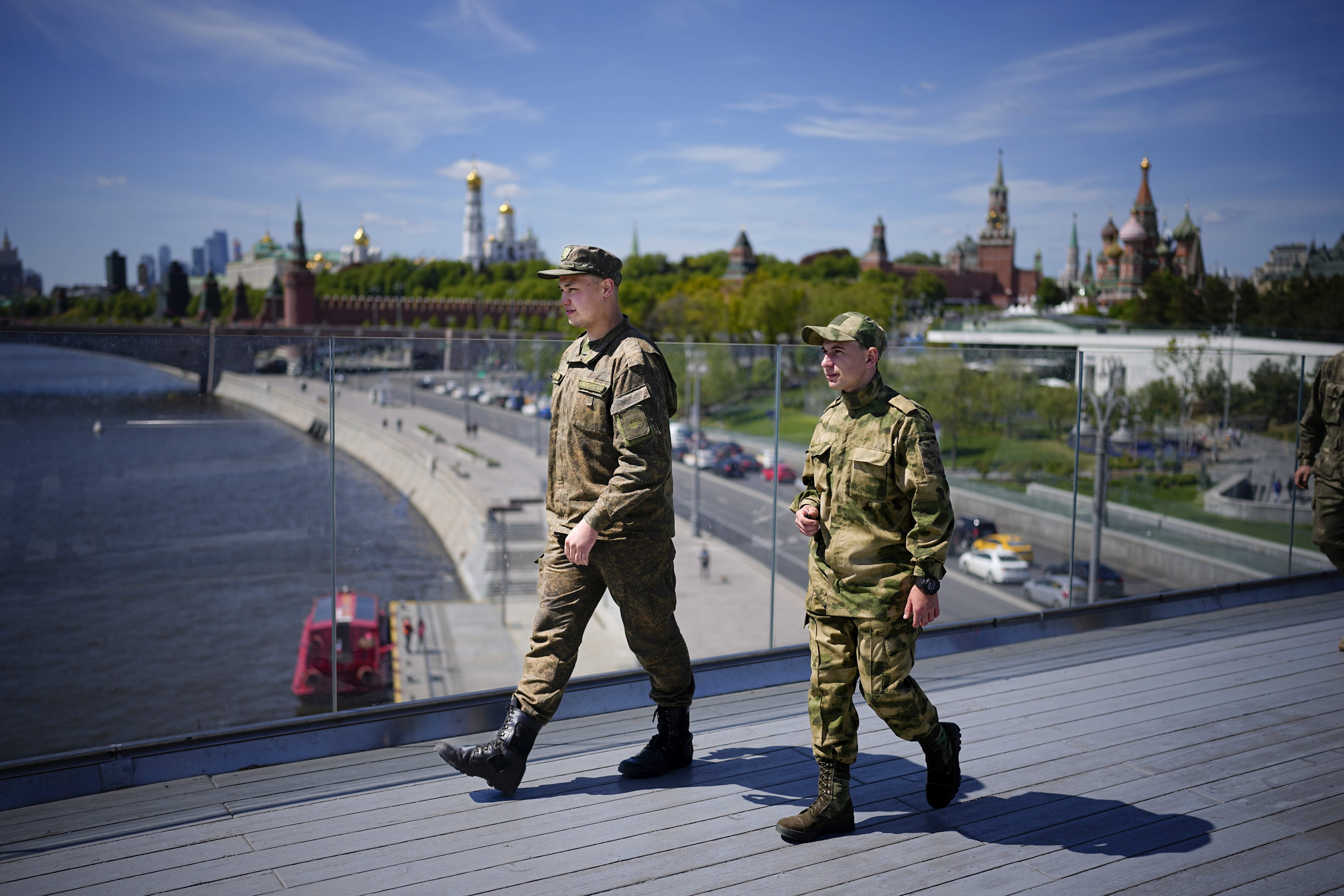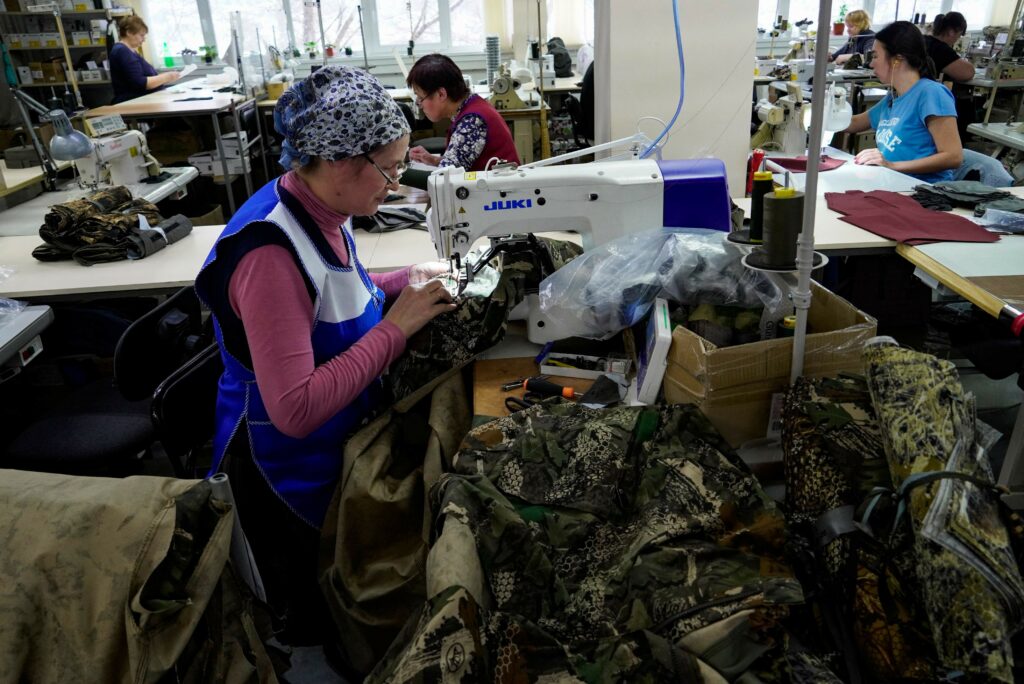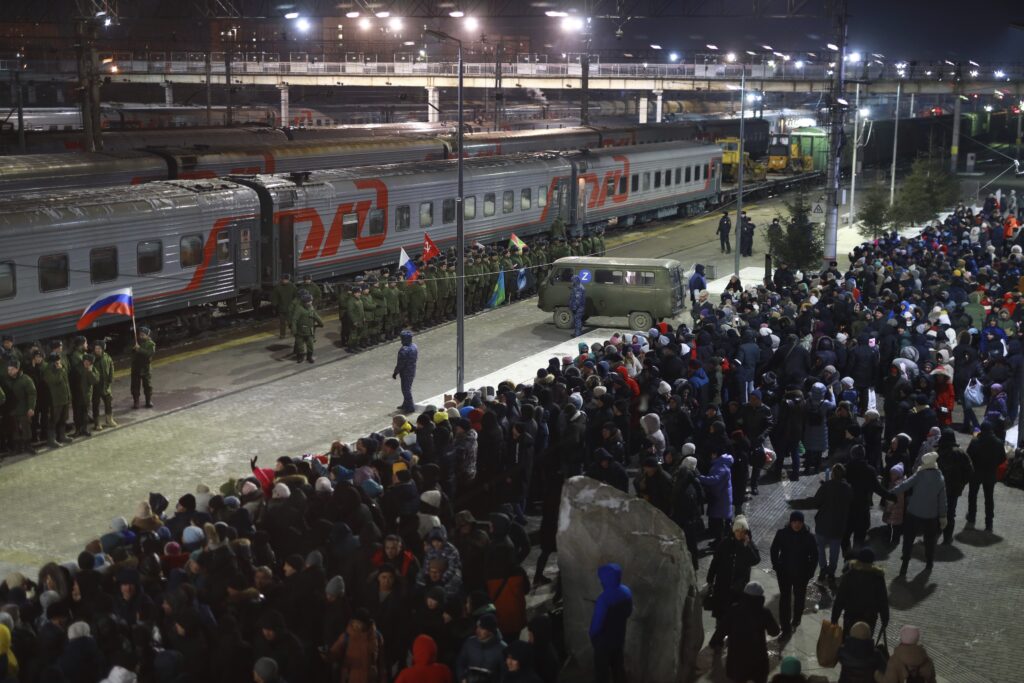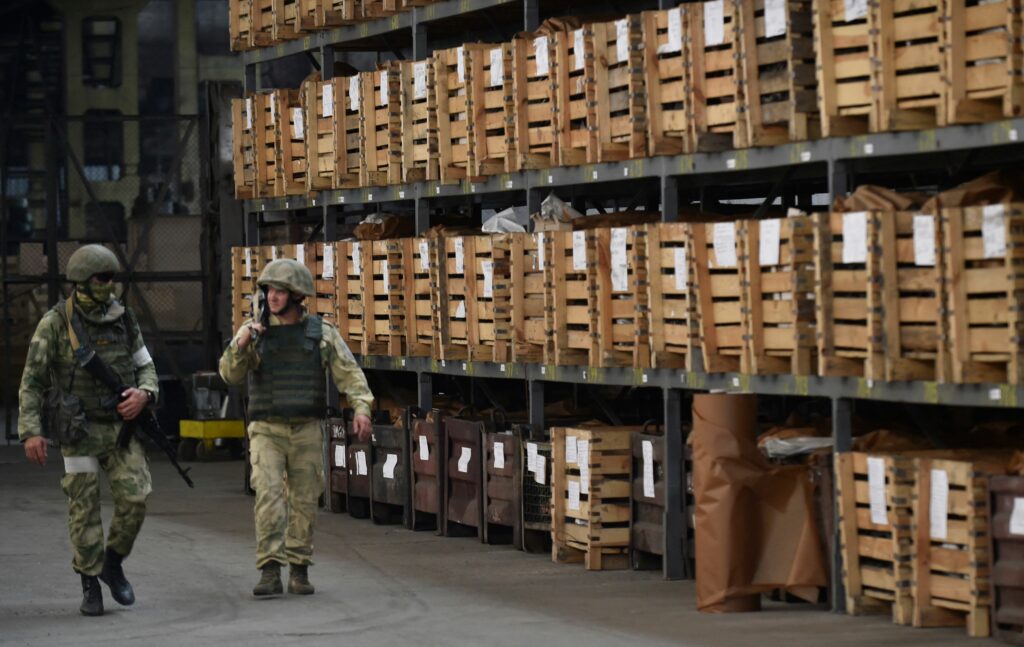The question posed in the title of this article may seem rhetorical when applied to the international situation: Of course, much has changed. Russia has deployed a full-scale military operation on the territory of a neighbouring state and has been subjected to harsh sanctions introduced by many countries, some of which were, and still are, its key trading partners. But how seriously has Russia’s domestic political life changed in six months? I believe that the changes are insignificant. Moreover, the events of 24 February fit perfectly into the long-term logic of the development of Russia’s political regime.
Such an assessment would be at odds with the views of many participants in discussions unfolding today in the media, including social media. Many admit, directly or indirectly, that for them the actions of the Russian leadership came as a complete surprise, and they indicate that Russian political reality has changed dramatically and irreversibly. On the other hand, the prospect of aggression against Ukraine was seen as highly plausible and even inevitable by many military analysts, who conveyed this information to the authorities in Western countries, who made no secret of it.
Of course, the reassuring speeches of analysts and journalists who referred to their vision of Vladimir Putin as a rational and pragmatic player, prone to bluffing but not at all prone to risky games, bear their share of responsibility for the stunning effect of the 24 February events on the Russian public. Interestingly enough, it is in this very expert environment that the desire to completely revise the perception of the Russian political regime is now particularly pronounced. There are attempts to ascribe to it characteristics that were previously out of the question for these experts, an example being Timothy Snyder’s famous statement about a ‘fascist Russia‘.
However, there is no reason to believe that the foreign policy decisions that Putin made in February diverged in any significant way from the policy that Russia had been pursuing in the international arena for years. This policy was outlined in Putin’s famous Munich speech and was well established by 2014. It has not changed since then. The aim of the Russian leadership was to significantly strengthen Russia’s foreign policy presence with a brief military intervention which would not be costly in terms of either material or human losses on the Russian side. The assumption was that Ukraine would not show resistance, as had happened in 2014.
Was this calculation correct? No. Was it devoid of rationality and pragmatism based on the notion that the will of the Russian leader coupled with the patriotic enthusiasm of the people would prevail over objective difficulties? That would be the case if the Russian regime was indeed fascist, but even here the answer is no (I spoke at length on this subject earlier). This calculation was quite rational but wrong, as it was based on a completely inadequate vision of the military prospects of the new Ukrainian campaign and a miscalculation of the possible response of the international community.
I believe that the continuity of the Russian leadership’s foreign policy targets, the logical consequence of which was the Ukrainian events, is due to the fact that there were no significant changes in Russia’s domestic political life in 2022. And this is despite the fact that quite significant political changes could be observed in the two preceding years (2020 and 2021).
A close look at these processes shows that they formed the final phase of the consolidation of the Russian regime as a personalist dictatorship in the institutional guise of electoral authoritarianism. From this perspective, it seems quite logical that, having solved major domestic political problems, the Russian authorities dared to take a sharp turn on the foreign policy front. The success in this field would have helped secure domestic policy achievements.
More specifically, in 2020 and 2021, the Russian authorities solved two key problems facing any electoral authoritarian regime. First, in 2020, the most problematic issue, that of the succession of power, was resolved favourably for Putin. It could, in fact, have been resolved differently. For example, Putin could have chosen the Kazakhstani option (and had apparently seriously considered it). In this case, a successor appointed by him would have become president in 2024, while Putin himself would have taken an official position with virtually unlimited powers but without real political responsibility. Such a position could be that of the chairman of the State Council if it were taken by a politician who was not simultaneously president, i.e. Putin himself.
Already this year, Kazakhstan’s experience has demonstrated the vulnerability of such a solution, and it must be admitted that Putin showed his typical foresight while rejecting this option. He chose to maintain the version of electoral authoritarianism that had allowed him to concentrate power in his hands and had never failed him. This is a strong presidential system based on direct popular vote. Putin refused to dilute the electoral component of the regime, which would have been inevitable under the Kazakhstani variant. In doing so, however, he faced the need to establish full control over the uncertainty that is inherent in electoral processes even under authoritarianism.
This was the main focus of the Russian authorities’ efforts to completely suppress that part of the Russian opposition which continued to operate in the electoral field and which could pose some threat, however feeble and distant, in terms of interfering with the prospects of electing Putin for a new term in 2024. This is particularly true of Alexei Navalny and his supporters. First, there was an attempt to physically eliminate Navalny from the political arena. Since the attempt failed, Navalny was imprisoned, and his organisational structures were dismantled. During 2021, the crackdown also affected opposition politicians who were in no way associated with Navalny, as well as virtually all independent media outlets.
Although the complete elimination of all genuine opposition is key to controlling electoral uncertainty, it is not the only factor. Electoral authoritarianism is built not only on suppressing the opposition but also on securing political support during voting. The prosperity of the first half of the 2000s (based, of course, on inflated commodity prices) brought this aspect of the Russian electoral process to the fore. And it remains important. Of course, the opposition has been eliminated, and the Russian authorities have at their disposal a massive, fairly effective mechanism of non-political (administrative and clientelist) voter mobilisation and electoral fraud. But this is not enough.
Some amount of genuine popular support is still necessary if elections are to remain an effective tool for retaining power. Given a stagnant economy and the declining living standards of a significant part of the population (and the part whose electoral support the authorities rely on), this becomes a difficult task. The 2014 Crimean operation offered a solution that proved so simple and effective that a second attempt was simply a matter of time.
If anything has changed in Russia in the last six months, it is because the real results of the Ukrainian operation are still far from expectations. But it is also true that these results are preliminary. The final outcome of hostilities will be decided on the battlefield, and that seems a long way off. Furthermore, the economic effects of the sanctions have yet to be felt, and there is no clear idea of when or how these effects will manifest themselves.
Hence, there are two harbingers of the barely visible, nascent changes in domestic politics. First is the situation within the Russian ruling class. For many of its representatives, it is quite obvious both that the Ukrainian operation (at least its initial phase) was ill-conceived and that the Russian ruling class as a whole has faced the dramatic consequences of the country’s international isolation. However, it seems that both of these quite obvious statements are still far from leading to an erosion of support for the regime among the Russian establishment.
Many among those in power hope that, one way or another, Putin will manage to grapple with the situation and achieve some success in terms of relations with Ukraine. In parallel, Putin is expected to persuade the West to alleviate sanctions. As long as such hopes persist, it is difficult to expect that attempts to change the political situation in Russia will come from within the ruling class. Moreover, Putin still has effective instruments of intimidation (such as the notorious ‘anti-corruption cases’) to encourage obedience.
Any conflicts within the ruling class that could have systemic significance are out of the question, let alone a proverbial split among the elites, which is simply impossible in a personalist dictatorship when the opposition has been trampled. Conflicts between individual factions (say, over the division of dwindling resources) are quite possible and could eventually undermine the system, but for the moment this remains a rather feeble possibility. And even if such conflicts escalate, they will not immediately become a threat to the personalist regime, as one of the dictator’s key functions is to be a veto player in conflict situations, and the importance of this role will only grow.
The second harbinger of change is the possible response of the Russian population to the various negative consequences of hostilities, including combat losses, the destabilisation of border regions, mobilisation activities by the authorities and, last but not least, the deterioration of living conditions due to sanctions and increased budgetary spending. So far, there have been no manifestations of popular discontent.
A significant proportion of the Russian population remain loyal to the regime. Even more than the ruling class, they are counting on the ultimate success of Russia’s foreign policy strategy. Such illusions are being actively disseminated by the media. For the majority of citizens, the already noticeable difficulties are experienced as temporary. Undoubtedly, during the autumn the authorities will try to manage the potential discontent of the non-politicised part of the population by providing limited but still tangible social support for the most vulnerable strata.
As a matter of fact, the above allows me to state that not only the overall configuration of the Russian regime but also the context around it have changed only to a minimal extent in the last six months. I must admit that the country’s involvement in the escalation of hostilities may in itself lead to significant, and at the same time not entirely predictable, changes. However, there are no grounds to formulate more precise predictions at the moment.









